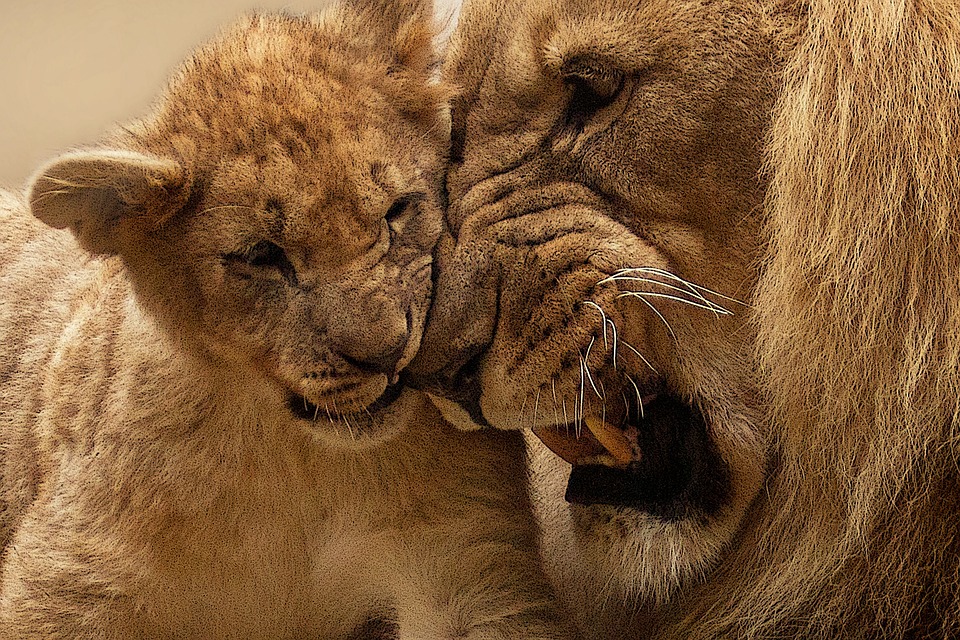Preventing and Managing Food Allergies in Cats: A Comprehensive Guide
Subtitle: Ensuring Your Feline Friend’s Optimal Health and Well-being
Introduction:
Food allergies in cats can be a troublesome and uncomfortable condition that affects their overall health and well-being. As responsible pet owners, it is crucial to understand the basics of food allergies in cats and the importance of identifying and managing them effectively. This comprehensive guide aims to provide you with the necessary information and strategies to prevent and manage food allergies in your beloved feline companion.
I. Recognizing the Signs of Food Allergies in Cats:
Food allergies in cats can manifest in various ways, and it is essential to be able to recognize the common symptoms. These may include persistent itching, skin irritations, gastrointestinal issues, chronic ear infections, and even respiratory problems. Differentiating food allergies from other health issues, such as flea allergies or environmental allergies, can sometimes be challenging but is crucial for accurate diagnosis and effective management.
II. Identifying Food Allergens:
To effectively manage food allergies in cats, it is vital to identify the specific food allergens causing the allergic reactions. Common food allergens for cats include beef, dairy, fish, chicken, and grains. Conducting elimination diets under the guidance of a veterinarian can help pinpoint the allergenic ingredients and provide an accurate diagnosis.
III. Prevention Strategies for Food Allergies in Cats:
Preventing food allergies in cats starts with choosing a high-quality, balanced diet. Look for cat food brands that prioritize the use of hypoallergenic ingredients and avoid common allergens. Rotating protein sources can also help prevent the development of allergies in cats by reducing the chances of developing sensitivities to specific ingredients.
IV. Managing Food Allergies in Cats:
If your cat has been diagnosed with food allergies, transitioning to a hypoallergenic diet is essential. Hypoallergenic diets are specially formulated to exclude common allergens and provide the necessary nutrients for your cat’s optimal health. Reading and understanding cat food labels is crucial in ensuring that the chosen diet is suitable for your cat’s specific needs. Consulting with a veterinarian who specializes in pet nutrition can also provide valuable guidance and recommendations for specialized diets.
V. FAQs about Food Allergies in Cats:
1. What are some common signs of food allergies in cats?
2. Can food allergies develop at any age in cats?
3. Can cats outgrow food allergies?
4. How long does it take to see improvements after switching to a hypoallergenic diet?
5. Are grain-free diets beneficial for cats with food allergies?
6. Can homemade diets be a suitable option for cats with food allergies?
7. Are there any supplements that can help alleviate food allergies in cats?
8. Can environmental allergens contribute to food allergies in cats?
9. Should I consult a veterinarian before making dietary changes for my cat’s food allergies?
10. Are there any alternative treatment options for cats with severe food allergies?
Conclusion:
Taking a proactive approach to your cat’s diet and health is crucial in preventing and managing food allergies. By being aware of the signs, identifying allergens, and implementing preventive strategies, you can promote a happy, allergy-free life for your feline companion. Remember to consult a veterinarian for guidance and support throughout the process, ensuring that your cat receives the necessary care and attention for their specific needs. With proper management, your cat can thrive and enjoy the best possible health and well-being.








